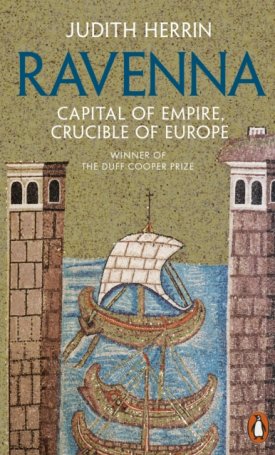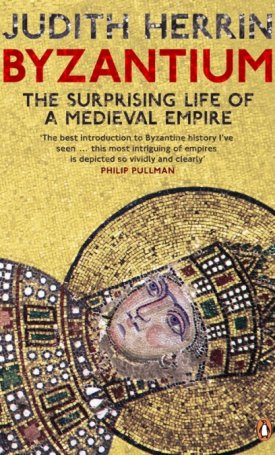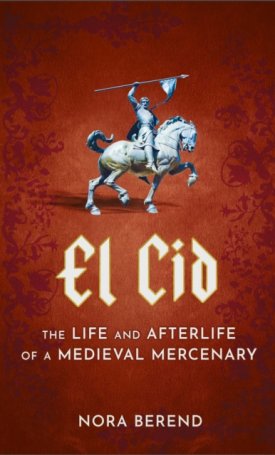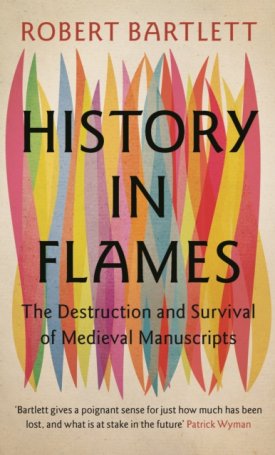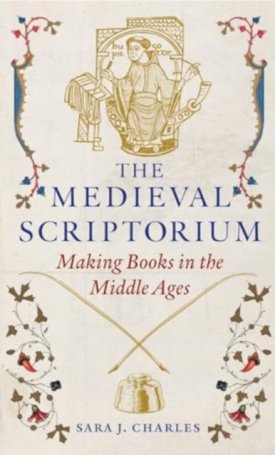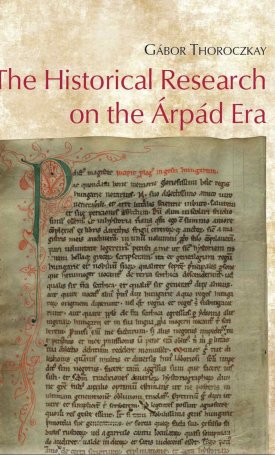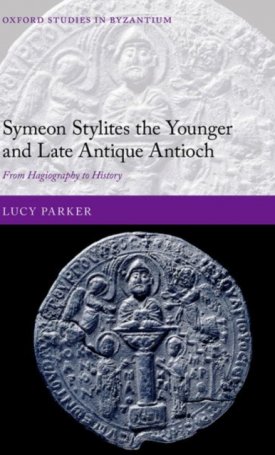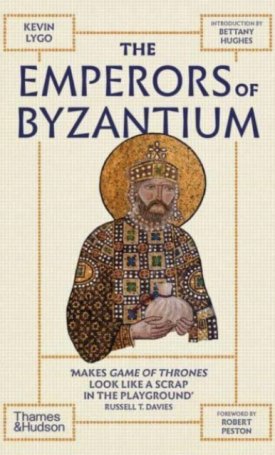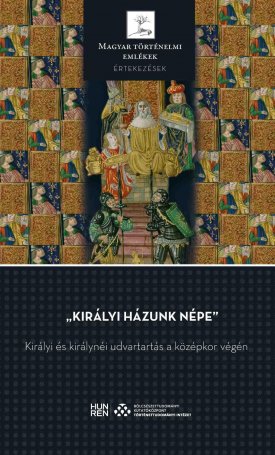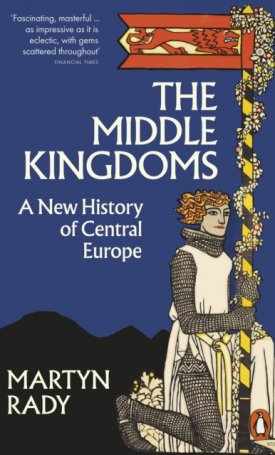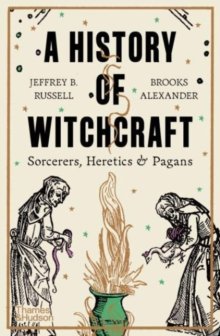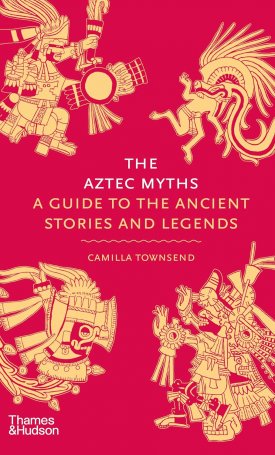Ravenna - Capital of Empire, Crucible of Europe
ISBN: 9780241954454
Language: english
Size: 129*198
Weight: 442 g
Page no.: 576
Publish year: 2021
Ravenna - Capital of Empire, Crucible of Europe
In 402 AD, after invading tribes broke through the Alpine frontiers of Italy and threatened the imperial government in Milan, the young Emperor Honorius made the momentous decision to move his capital to a small, easy defendable city in the Po estuary - Ravenna. From then until 751 AD, Ravenna was first the capital of the Western Roman Empire, then that of the immense kingdom of Theoderic the Goth and finally the centre of Byzantine power in Italy.
In this engrossing account Judith Herrin explains how scholars, lawyers, doctors, craftsmen, cosmologists and religious luminaries were drawn to Ravenna where they created a cultural and political capital that dominated northern Italy and the Adriatic. As she traces the lives of Ravenna's rulers, chroniclers and inhabitants, Herrin shows how the city became the pivot between East and West; and the meeting place of Greek, Latin, Christian and barbarian cultures. The book offers a fresh account of the waning of Rome, the Gothic and Lombard invasions, the rise of Islam and the devastating divisions within Christianity. It argues that the fifth to eighth centuries should not be perceived as a time of decline from antiquity but rather, thanks to Byzantium, as one of great creativity - the period of 'Early Christendom'. These were the formative centuries of Europe.
While Ravenna's palaces have crumbled, its churches have survived. In them, Catholic Romans and Arian Goths competed to produce an unrivalled concentration of spectacular mosaics, many of which still astonish visitors today. Beautifully illustrated with specially commissioned photographs, and drawing on the latest archaeological and documentary discoveries, Ravenna: Capital of Empire, Crucible of Europe brings the early Middle Ages to life through the history of this dazzling city.
Judith Herrin won the Heineken Prize for History (the 'Dutch Nobel Prize') in 2016 for her pioneering work on the early Medieval Mediterranean world, especially the role of Byzantium, the influence of Islam and the significance of women. She is the author of Byzantium: The Surprising Life of a Medieval Empire, The Formation of Christendom, A Medieval Miscellany and Women in Purple. Herrin worked in Birmingham, Paris, Munich, Istanbul and Princeton before becoming Professor of Late Antique and Byzantine Studies at King's College London until 2008, where she is now the Constantine Leventis Visiting Senior Research Fellow in the Department of Classics. She has excavated in Greece, Cyprus and Turkey, and served for thirty years on the editorial board of Past and Present.




